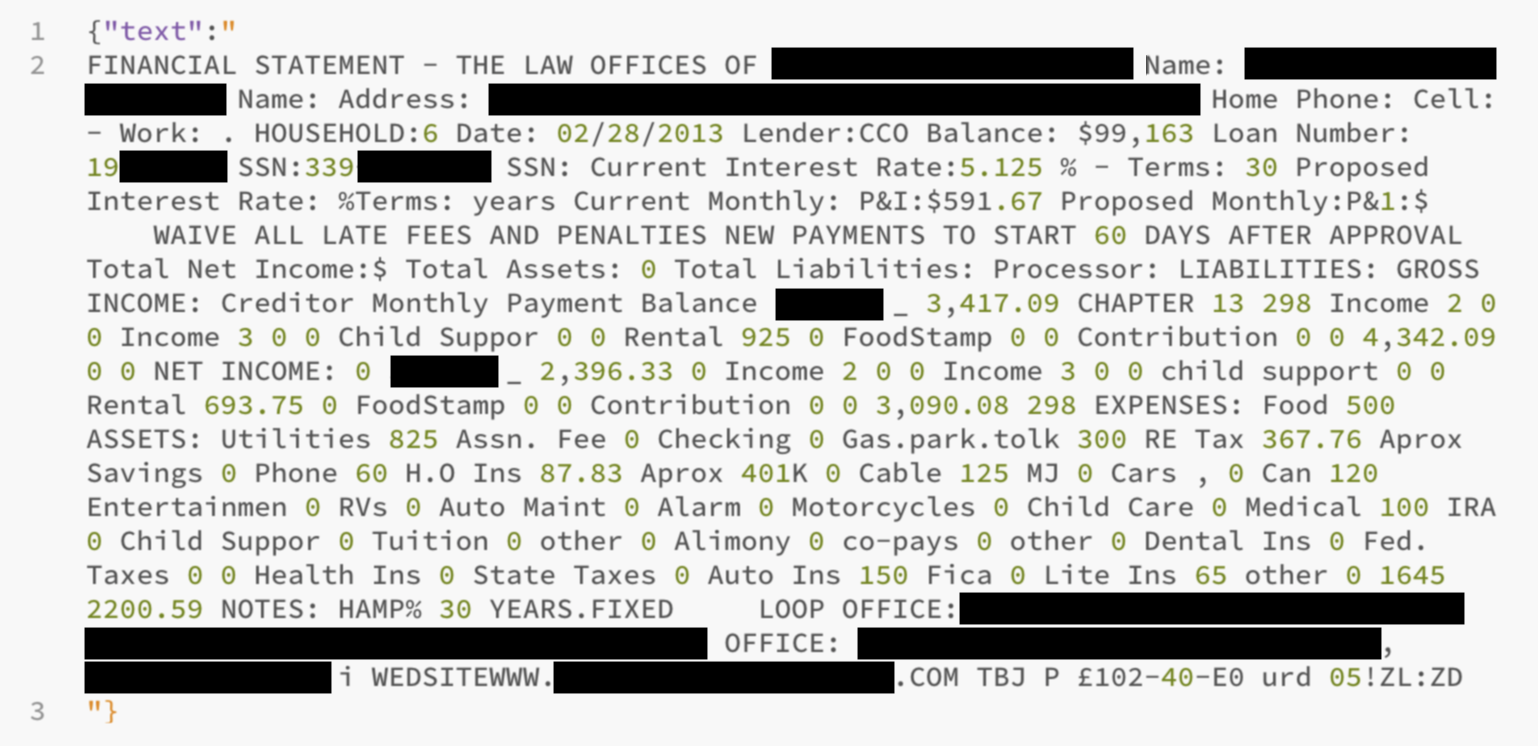When we think of the AI platforms that are shaping how we use voice to interact with phones, home devices and other services, we tend to think of Amazon’s Alexa, Apple’s Siri, Google and Microsoft’s Cortana. But there are other players that may prove to have a compelling value proposition of their own. Sherpa.ai, a voice assistant out of Spain that also provides predictive recommendations with a focus on the Spanish language, today is announcing that it has expanded its Series A by $8.5 million to $15 million as it passes 5 million active users of its app.
Investors include Mundi Ventures, a Spanish VC fund focused on AI, and Alex Cruz, the chairman and CEO of British Airways.
In a still-heated tech climate where were startups are raising tens and sometimes hundreds of millions of dollars in rounds that sometimes happen only months apart, Sherpa’s Series A has been a comparatively slow burn: the startup first announced a Series A of $6.5 million nearly three years ago.
Apart from the fact that European startups do tend to raise and spend more conservatively, Xabi Uribe-Etxebarria, the startup’s founder and CEO, says that it chose to extend this Series A now while it’s still working on closing its Series B for later this year, which will be in the region of $20 million, which will include new investors and likely more detail on how it plans to evolve the business.
“We’re announcing several agreements with big OEMs in the next few months,” he said. “I spoke with our investors and they thought it would be better to get a small amount of capital now to launch those deals to use the momentum to get a better valuation on our Series B.”
The company is already working with Porsche to bring its assistant and recommendation service into its vehicles, and Uribe-Etxebarria said future partnerships, along a similar B2B2C model, will be with “other automakers, telcos and other device manufacturers of smart speakers and PCs.” From what I have heard, Sherpa has been approached by a number of others that have been building voice assistants, as well as the companies building the hardware and other objects that will be housing them. Uribe-Etxebarria would not comment except to say that he is under NDA with several companies.
“Sherpa.ai has experienced tremendous growth and is poised to become the most advanced conversational and predictive AI OS in the industry,” said Rajeev Singh-Molares, partner at Mundi Ventures and former President of Alcatel-Lucent Asia-Pacific, in a statement. “Sherpa has shown phenomonal potential and amazing growth since the first close of the Series A. By increasing our investment in this company, we are able to accelerate Sherpa.ai on its journey.”
Scale isn’t everything
At a time when Amazon’s Alexa alone has passed the 100 million-mark in terms of devices that have been sold that are powered by its voice assistant, and Google, Microsoft and Apple appear to be quickly playing catch-up by integrating into a number of third-party and their own devices themselves, Uribe-Etxebarria says he believes Sherpa stands apart from these for a couple of reasons.
One is the spectre of competition, and possibly the history of how things played out in mobile, where carriers really lost their way with users and value-added services with the rise of apps.
“The companies we are working with don’t always want agreements with companies that also compete with them,” he said. “Take the telco we’re working with. It has its own video and music offerings, its own retail operation. At the end, they would be competing with the likes of Apple or Amazon, so they don’t want to give them access to their users. Car manufacturers might feel the same way.”
The second reason, he says, has to do with Sherpa’s technology.
When the company launched several years ago, voice-based personal assistants were still relatively new and all the biggies were launching in English. These days, they all have Spanish versions, so this is no longer a unique selling point. (Of the company’s 5 million users, between 80-90 percent of those are using Sherpa’s Spanish content.) And even if it were, Sherpa’s basic speech recognition and text-to-speech are powered by third-party technology, which Uribe-Etxebarria calls “commodities.”
What is more unique, he says, is the company’s predictive recommentations, which is built in-house by his team of natural language and other AI specialists. It covers over 30 different specialist categories spanning areas like automotive, entertainment, news, travel and so on, and analyzes 100,000 parameters per user to be able to predict what information a user needs before a question is even asked, whether it’s news or whatever it is that you first do with your phone when you wake up, which emails you will need to see first, or what you might want to know when you arrive at a particular location.
“This is what our competitors are very interested in,” he said. “We are at least two or three years ahead of others on this front.”
Sherpa had a significant boost across the Spanish-speaking world when Samsung hooked up with the company to preload the app on all of its devices sold across those countries. That changed after Samsung launched Bixby, its own assistant, but Uribe-Etxebarria said that their partnership is not quite over yet.
“We are still speaking because Bixby can be improved a lot,” he said.


 Idera, which itself is
Idera, which itself is 



